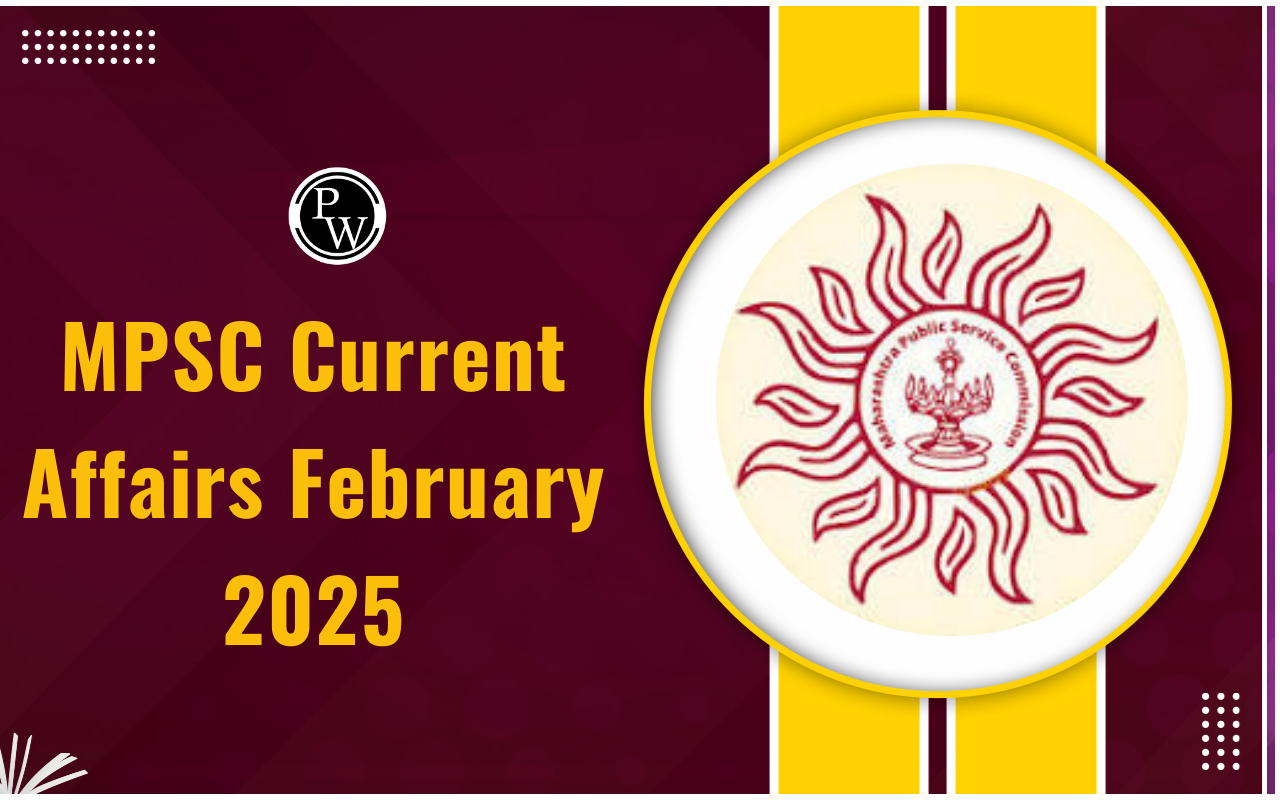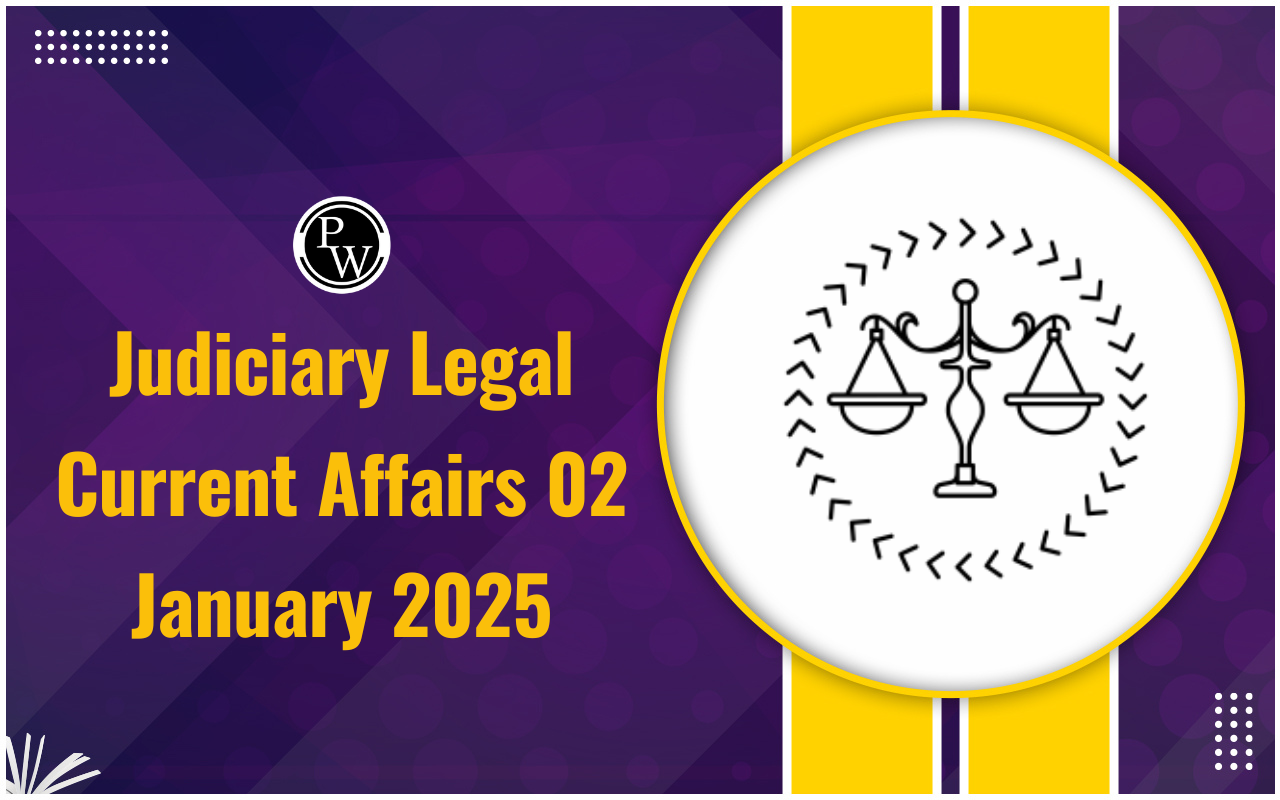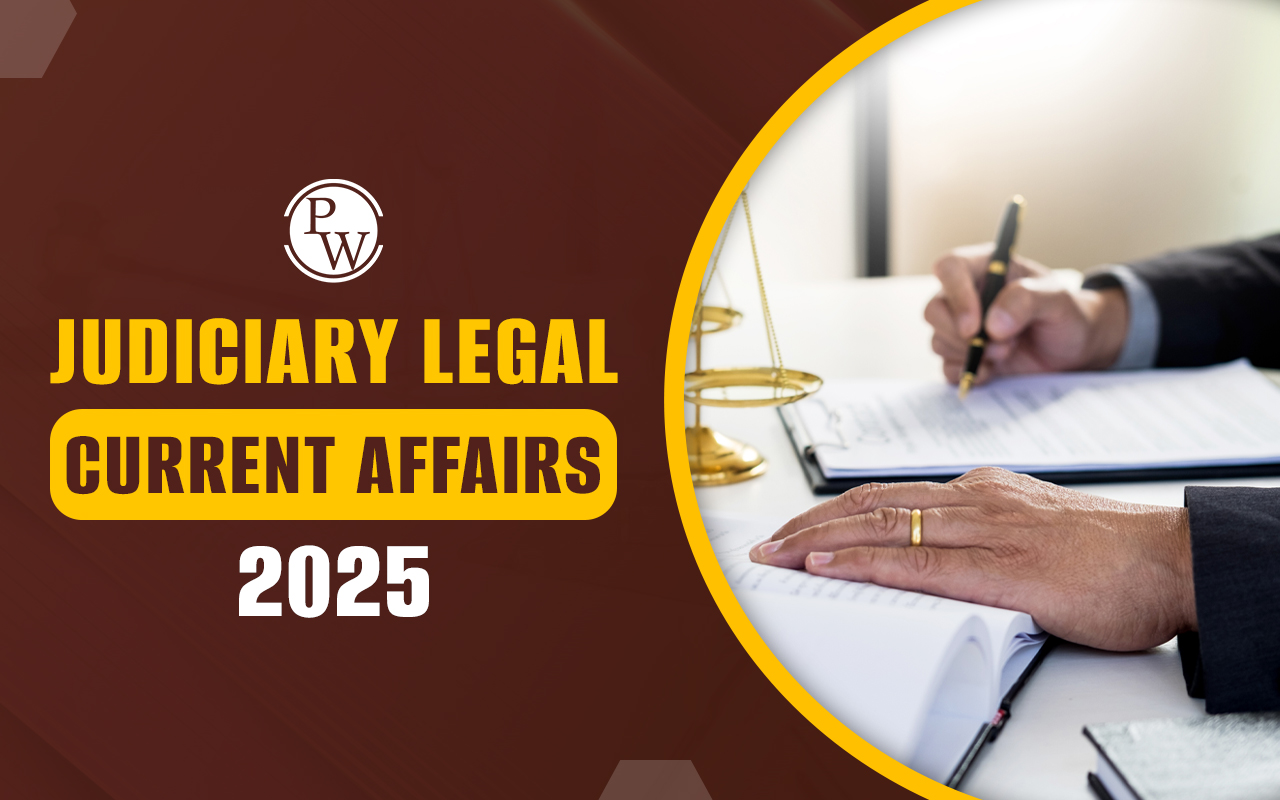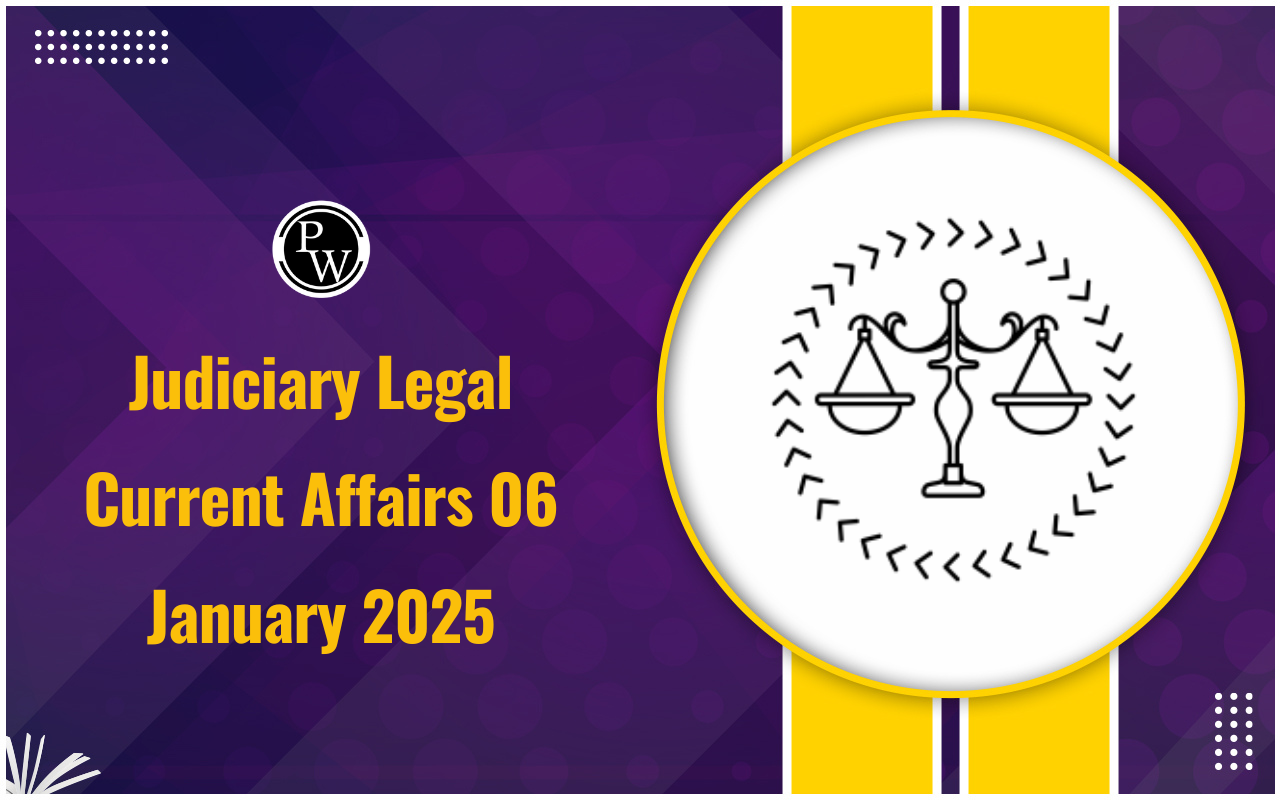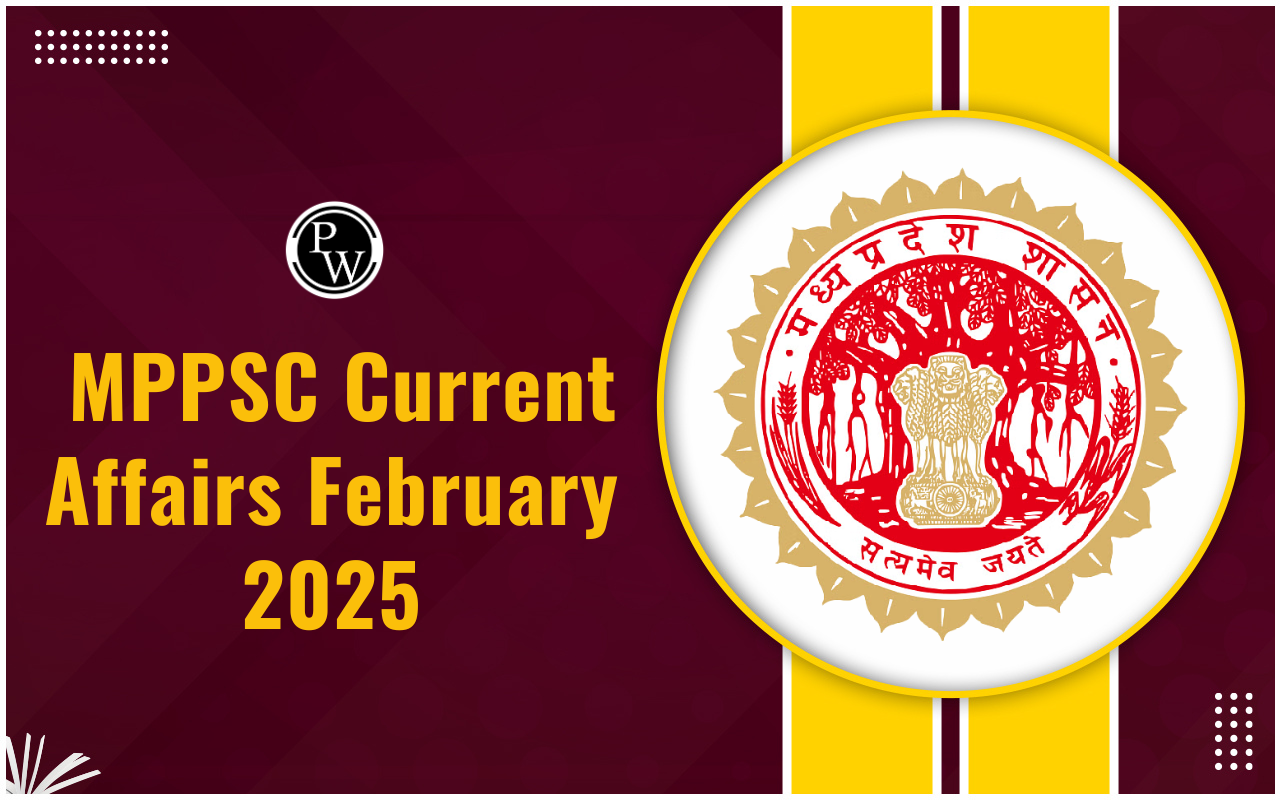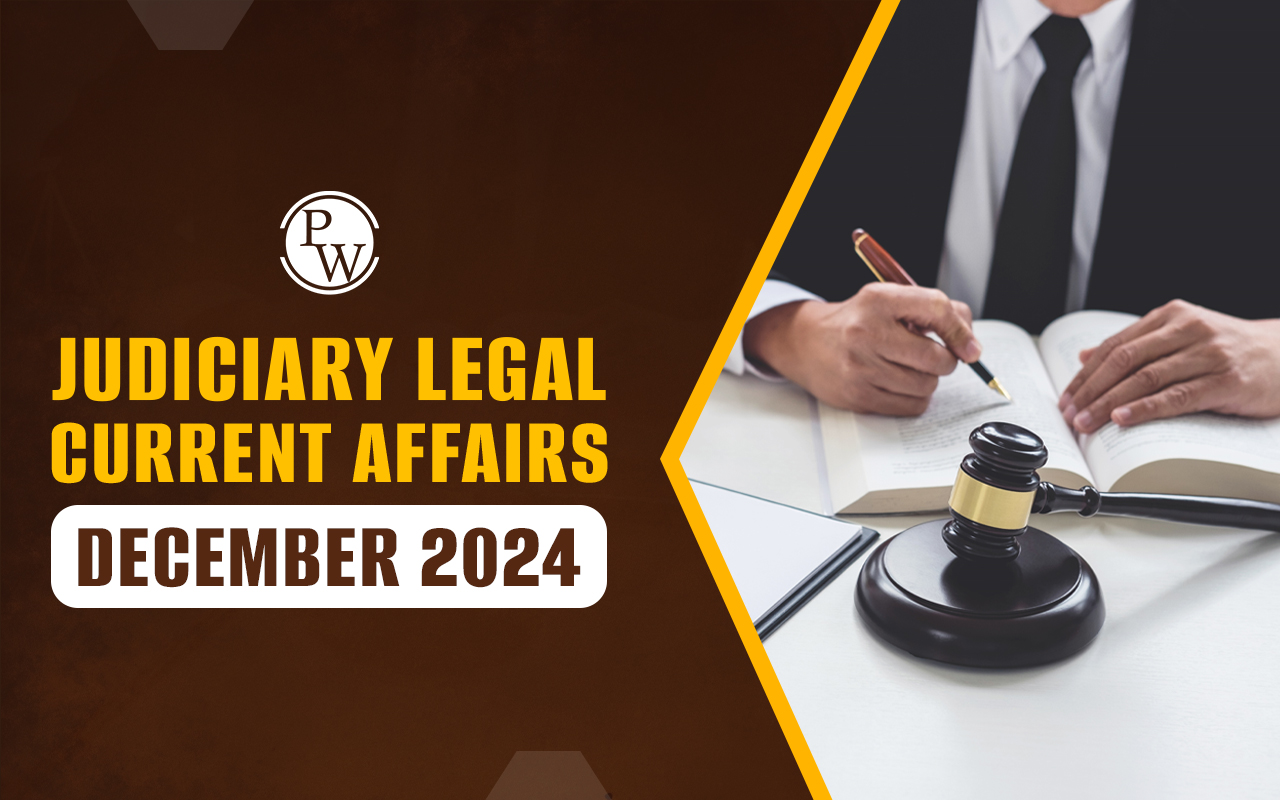
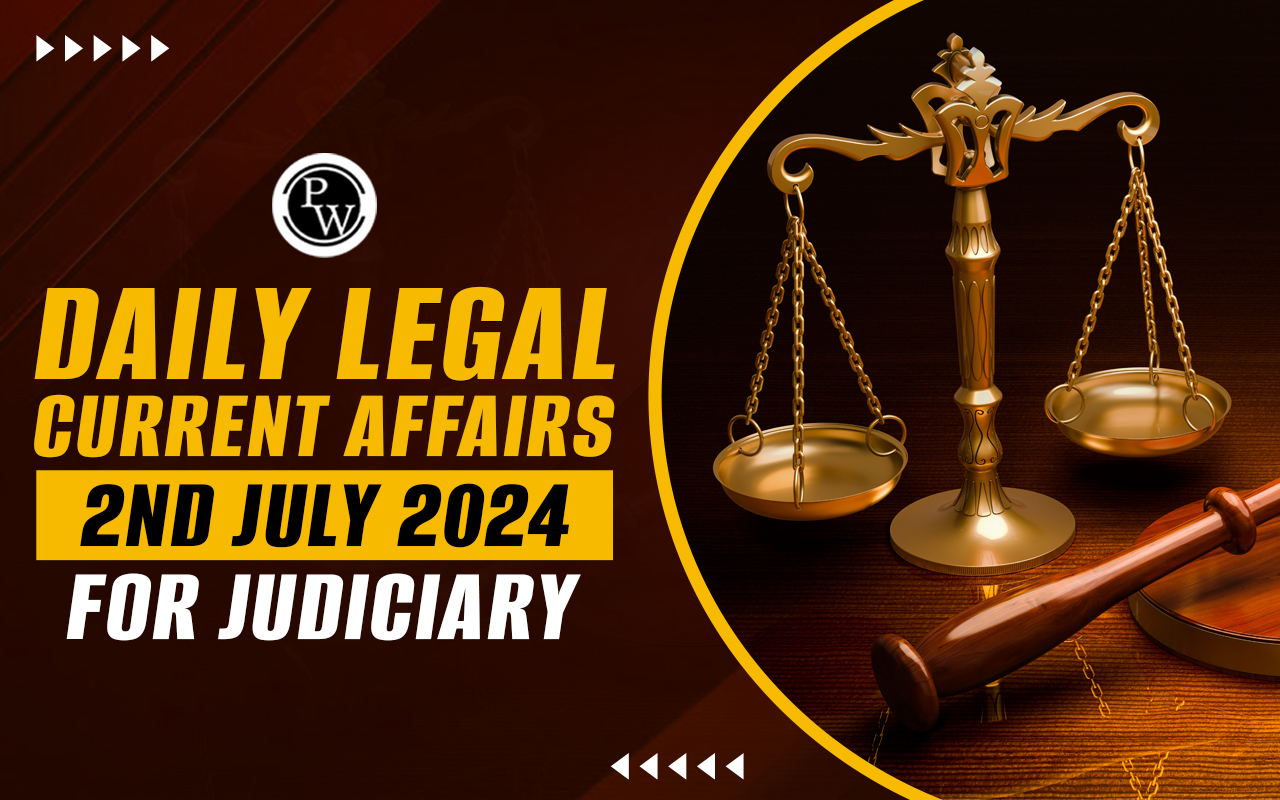
ANURADHA v. UNION OF INDIA AND OTHERS
-
- BENCH : Justice Jagmohan Bansal
- FORUM : Punjab & Haryana High Court
- OBSERVATIONS
- The Punjab & Haryana High Court has held that there will not be a violation of the fundamental right of an employee if the Competent Authority has created or abolished a promotional post.
- Justice Jagmohan Bansal said, "A person has the right to be considered for promotion against a post. If the Competent Authority has created or abolished a promotional post, the Court cannot hold that there is violation of the fundamental right of the candidate to be considered for the said post."
- The Court was hearing the plea under Article 226 of the Constitution of India, filed by ASI posted in BSF seeking setting aside of notification dated whereby respondent has revised strength of different cadres including Pharmacist.
- As per the revised cadre strength, the State authorities have reduced 72 posts of ASI and 4 posts of Sub-Inspector whereas 4 posts of Inspector and 11 posts of Subedar Major have been increased. The counsel for the petitioner argued that the respondent had wrongly revised cadre strength.
- The abolition of 4 posts of Sub Inspector is going to adversely affect her promotional avenues. The right to be considered for promotion is a fundamental right and the abolition of 4 posts is going to violate her fundamental rights guaranteed by Articles 14 and 16 of the Constitution of India.
- "There are possibilities that persons who have joined as Sub-Inspector or Assistant Sub-Inspector along with petitioner, however, in other cadres may be promoted prior to her. It would be stigmatic and cause dis-repute to her", he added.
- After hearing the submissions, the Court said that the notification cannot be set aside or modified by the Court unless and until, "it is found that there is violation of fundamental rights or it is contrary to statutory provisions or there is patent/manifest illegality."
- Reliance was placed on a three-judge Bench of the Supreme Court in Official Liquidator v. Dayanand and others , (2008) , wherein it has categorically held that the creation and abolition of posts, formation and structuring/restructuring of cadres falls within the domain of the employer. Perusing the notification, the Court said, "...respondent as per its wisdom has abolished a few posts of the rank of Assistant Sub-Inspector and Sub-Inspector whereas increased the rank of Inspector and Subedar Major."
- The petitioner, at present, is working as Assistant Sub-Inspector. The respondent has primarily reduced posts of Assistant Sub-Inspector and increased posts of Inspector and Subedar Major.
- The increase in posts of Subedar Major and Inspector would ultimately be in her benefit because she will get more opportunities to get promotion, said the judge.
- Justice Bansal opined that, "the mere fact that there is reduction in 4 posts of Sub Inspector is not going to substantially affect her rights. In any case, if two persons are not granted equal opportunity to participate for the purpose of promotion, there can be violation of fundamental rights.
- A person has the right to be considered for promotion against a post. If the Competent Authority has created or abolished a promotional post, the Court cannot hold that there is violation of the fundamental right of the candidate to be considered for the said post. The argument of the petitioner could be accepted had there been mala fide intention or patent illegality, added the Court.
- It observed further that the petitioner is a part of cadre having 230 posts of Assistant Sub- Inspectors, thus, it cannot be concluded that respondent with intent to deprive her from promotion has reduced posts of Sub-Inspector.
- Stating that there is not "any manifest illegality or arbitrariness in the impugned notification warranting interference" the plea was dismissed.
RAMESH BABU & OTHERS v. DHARANI S
-
- BENCH : Justice M Nagaprasanna
- FORUM : Karnataka High Court
- OBSERVATIONS
- The Karnataka High Court has held that a petition calling in question the entire proceedings initiated under Section 12 of the Protection of Women from Domestic Violence Act, 2005 would be maintainable before the High Court, not the Sessions Court.
- However, if any particular order is passed on any application filed under Sections 18, 19, 20 or 22 of the Act, those specific orders are to be agitated before the Court of Sessions invoking Section 29 of the Act. A single judge bench of Justice M. Nagaprasanna held while allowing a petition filed by A Ramesh Babu and others.
- It quashed a complaint filed by their daughter in-law alleging that the husband and the in-laws meted out torture upon her. The complainant after seven months of marriage had lodged the complaint before the magistrate court under Section 12 of the Act, seeking several reliefs including the protection order for residence and maintenance from the hands of the husband.
- The petitioners were arrayed as accused in the case, alleging that they also instigated the husband in meting out such torture upon his wife. The complainant opposed the quashing petition saying that an appeal should be preferred before the Sessions Court under Section 29 of the Act and invoking High Court's inherent jurisdiction under Section 482 CrPC is, on the face of it, erroneous.
- The bench noted that as per Section 29 , an appeal to the Court of Sessions lies within 30 days from the date on which the order made by the Magistrate is served upon the aggrieved person. Therefore, Section 29 permits an appeal against any order that is passed, on a bare reading of the provision.
- Setting aside the entire proceedings is not the power that is vested in the Court of Sessions on an appeal under Section 29 of the Act. It is the inherent power that is conferred upon this Court under Section 482 of the Cr.P.C., to consider these grievances, it added.
- The Court placed reliance on the full bench order of the Bombay High Court in Nandkishor Prahlad Vyawahare v. Mangala (2018) wherein it was held that there is no efficacious remedy available under the Act for quashing of proceeding on account of it becoming an abuse of the process of law.
- The bench held, “ A petition under Section 482 of the Cr.P.C. calling in question the entire proceedings before the concerned Court initiated under the Protection of Women from Domestic Violence Act, 2005 would be maintainable, only if the proceedings are challenged on the ground of abuse of the process of the law, as the Court of Session is not empowered to obliterate the proceedings holding it to be an abuse of the process of the law.”
- The court further added that “Any specific order passed by the concerned Court answering applications filed under Sections 18, 19, 20 or 22 of the Act or any other interlocutory order would not be entertainable before this Court in its jurisdiction under Section 482 of the Cr.P.C. The aggrieved, by any order, has to prefer an appeal under Section 29 of the Act, as it is an alternative and statutory remedy available.”
- Coming to the merits of the case, the Court said it has become a norm these days to rope in other members of the family in proceedings under Section 498A of the IPC or Section 12 of the DV Act, while the entire grievance is against the husband. “This in no manner would bring about any ingredients of what would mean 'domestic violence' as found in Section 3 of the Act.” Accordingly, it allowed the petition and quashed the proceedings qua petitioners.
MEENU SINGH v. STATE OF RAJASTHAN & ORS.
- BENCH : Justice Anil Kumar Upman
- FORUM : Rajasthan High Court
-
OBSERVATIONS
- Rajasthan High Court has reiterated that Lok Adalats do not have adjudicatory powers and hence order of a Lok Adalat allowing withdrawal of a criminal prosecution cannot be sustained.
- The bench of Justice Anil Kumar Upman was hearing a petition seeking quashing an order of the National Lok Adalat that allowed the assistant public prosecutor to withdraw the criminal prosecution in a criminal case under Sections 323 and 341 of IPC and acquitted the accused.
- It was argued by the petitioner that the order was illegal, arbitrary and contrary to law since Lok Adalat does not have jurisdiction to allow such withdrawal.
- A Lok Adalat could dispose of cases only on a compromise between parties. And if no compromise was reached, the matter needs to be remitted to the court. It was further contended that the decision was in gross violation of principles of natural justice because no notice was provided to the petitioner before passing the order.
- Reference was made to an identical case of Shyam Bacchani v State of Rajasthan & Ors decided by a coordinate bench of the Court where it was held that Lok Adalats had no adjudicatory powers and while allowing the withdrawal of a criminal prosecution, it exercised adjudicatory jurisdiction which was contrary to law.
- The Case analysed the provisions on organisation of Lok Adalats as well as on cognizance of cases by Lok Adalats provided under Sections 19 and Section 20 respectively of Chapter VI of the Legal Services Authority Act, 1987.
- “The provisions of sub-section (3), sub-section (4) and subsection (5) as well as sub-section (6) of Section 20 referred above would indicate that the Lok Adalat has to endeavour that the parties arrive at a compromise and settlement.
- Only on compromise between the parties, the award can be made and if the parties do not arrive at a compromise or settlement, the Lok Adalat is bound to remit back the matter before the Court under sub-section (6) of Section 20 of the Act.
- A perusal of the entire scheme under Chapter VI (supra) as well as the referred provisions aforesaid would make it clear that the Lok Adalats have no adjudicatory power and by allowing the prayer of learned Public Prosecutor to withdraw prosecution, the Lok Adalat has exercised adjudicatory jurisdiction which is not vested in it.
- Thus, the Court quashed the order of the Lok Adalat and accordingly allowed the petition. The criminal matter was directed to be restored before the competent court.
Also Check: Daily Legal Current Affairs 01 July 2024
ABC v. STATE OF MAHARASHTRA
- BENCH : Justice Manish Pitale
- FORUM : Bombay High Court
-
OBSERVATIONS
- The Bombay High Court recently granted bail to a man belonging to the LGBTQ+ community booked for trafficking a one year and seven months old child observing that members of the community are vulnerable within prison. Justice Manish Pitale allowed his bail application observing “This Court is of the opinion that a person belonging to the LGBTQ+ community, who is also HIV positive, can be said to be a person belonging to a category of persons, who are indeed vulnerable, particularly within the four corners of a jail.”
- The applicant, arrested on May 26, 2024, faces charges under Sections 370 (trafficking of persons) read with Section 34 of the IPC and Sections 80 and 81 of the Juvenile Justice (Care and Protection of Children) Act, 2015.
- The FIR was registered when the parents of the child, who have also been arraigned as accused in the case, approached the police. They claimed that financial distress led them to agree to send their child for film shoots to earn money.
-
Another accused revealed during an inquiry that the applicant intended to adopt a child and thus, the minor child was agreed to be sold in exchange for Rs. 4,65,000.
- Payments totalling Rs. 4,50,000 were made on May 5 and May 25, 2024, after which the child was handed over to the applicant. Advocate Wesley Menezes for the applicant argued that the allegations did not meet the criteria for trafficking under Section 370 of the IPC. He also argued that the applicant belongs to the LGBTQ+ community which makes him vulnerable in society.
- He submitted that the applicant and his partner took the child as they were desirous of taking care of a child but were unable to adopt legally due to current Indian laws.
- The applicant denied any monetary exchange for the child. It was also brought to the notice of the court that the applicant is HIV-positive, substantiated by medical documents. He sought bail, citing the applicant's cooperation with the investigation and his month-long imprisonment.
- APP Kiran C. Shinde argued that the investigation was ongoing, and the medical report of the minor child was pending. The prosecution stressed the seriousness of the allegations, with the co-accused detailing the payments made to the applicant for taking possession of the child, indicating involvement in trafficking.
- The court examined the informant's statement and found clear allegations against the applicant for paying to take possession of the minor child.
- “Undoubtedly, there are clear allegations against the applicant of having paid specific amounts in order to take possession of the minor child. Co-accused No.5 has given details as to when such amounts were paid and the fact that in exchange for payment of such amounts, the child was “sold” to the applicant”, the court observed. Thus, the court held that a prima facie case is made out for the offence under Section 370 IPC.
- However, the court also considered the applicant's LGBTQ+ status, noting societal vulnerability and potential harassment in jail. It said: “The fact that persons belonging to such a community are vulnerable and in certain situations open to be ridiculed and harassed, cannot be ignored by this Court.”
- The court also noted the applicant's HIV-positive condition and the absence of criminal antecedents.
- Considering more than a month in judicial custody and the recovery of the alleged amounts during the investigation, the court deemed the applicant a vulnerable person and granted him bail on a PR Bond of Rs. 50,000/- with one or two sureties of the same amount. The court prohibited the applicant from contacting the minor child and his parents. The court stated that any violation of bail conditions can lead to the cancellation of bail.
- The court further clarified that observations in this order were limited to the bail application and should not influence the case's further proceedings.
NARSIMHA @ NARSIMLU v. SMT. D. ANITA VAISHNAVI
-
- BENCH : Justice Moushumi Bhattacharya and Justice M.G. Priyadarshini
- FORUM : Telangana High Court
- FACTS
- The case involved a couple who got married in 2010.
- Severe marital discord arose shortly after the wedding.
- The wife left the matrimonial home in 2011 and filed five criminal cases against her husband, including allegations of cruelty and dowry harassment under Section 498A IPC.
- The wife came to live with the appellant for a few days in May 2015 but left the appellant's home soon.
- Afterwards, she filed more criminal cases against the appellant. The husband was acquitted in some of these cases.
- The Trial Court in November 2021 dismissed the appellant's petition for divorce on the ground that the appellant had failed to establish a case of cruelty for grant of divorce.
- Challenging the trial court's order and judgment, the appellant-husband moved to the High Court, contending that his wife had caused physical and mental cruelty to the appellant by filing one criminal case after another against the appellant.
- His counsel further submitted that the respondent-wife had deserted the appellant by leaving the matrimonial home in 2011 and that the respondent subsequently came to live with the appellant in May 2015, only for a few days, after which the respondent filed two more criminal cases.
- The wife's counsel argued that the husband should be responsible for the wife's financial needs and that divorce should not be granted without ensuring her maintenance.
- OBSERVATIONS
- The Telangana High Court has ruled that any act of damage to reputation, social standing or work prospects by one spouse to the other would fall within the term “cruelty”.
- Extending this principle to modern contexts, a bench of Justice Moushumi Bhattacharya and Justice M.G. Priyadarshini added that it might not be too far-fetched to say that depriving a spouse of being on Facebook and Instagram may also amount to cruelty.
- These observations were made by the bench while allowing a husband's appeal to seek a divorce under the Hindu Marriage Act. The Court also observed that marriage cannot be forced on individuals, and the Court must not act as a hangman or a counsellor to compel the parties to continue living as wife and husband in a loveless marriage.
- The Court has a limited role in the whole affair and should not act as an executioner (in the sense of a hangman) or a counsellor to compel the parties to continue living as wife and husband, particularly where the meeting of minds between them has irrevocably ended.
- It is certainly not the Court's work to ferret out fault lines in the evidence in negation of cruelty in an altruistic zeal for preserving the marriage. This kind of exercise is unwarranted and pointless, the Division bench noted.
- The Court also opined that mental cruelty cannot be defined within a straightjacket formula as what may be seen as mental cruelty by one may be well perceived as behaviour which is irritating or unwelcome but not cruel.
- The fact that two persons cannot imagine a life together any more should be seen as sufficient grounds to dissolve the marriage and grant a decree of divorce, the Court said.
- The High Court, after considering the facts and arguments, held that the wife's actions amounted to mental cruelty, and the marriage had broken down beyond repair. "Cruelty is just one of the splinters of a collapsing structure where the substratum of the marriage has broken down in a way in which the structure cannot be preserved or re-built."
- The court relied on multiple judgments and stated that the concept of cruelty is not static and evolves with societal changes. It acknowledged that repeated filing of false cases can be a form of mental cruelty and can be a strong ground for granting divorce.
- Against this backdrop, the court allowed the husband's appeal, noting that since the very foundation of the marriage has fallen apart, the parties can't be forced to reconcile and live together as husband and wife.
Also Check: Daily Legal Current Affairs 28 June 2024
ALL INDIA EPF STAFF FEDERATION v. UNION OF INDIA
- BENCH : Justices AS Oka and Rajesh Bindal
- FORUM : Supreme Court
-
OBSERVATIONS
- The Supreme Court deprecated the practice of suppressing material facts by lawyers in Special Leave Petitions.
- The Court imposed a cost of Rs. 25,000/- on the petitioners and expressed that such 'harsh' measures were necessary.
- The vacation bench of Justices AS Oka and Rajesh Bindal was hearing a challenge against the interim order dated March 20 of the Delhi High Court by the All India EPF Staff Federation.
- The main grievance of the petitioner was that without granting interim relief, the case was adjourned to September.
- During the hearing, the bench observed that the petitioner had wilfully suppressed the order of May 3 which recorded that the counsel of the petitioners did not press for the application for an early hearing before the High Court. When the bench indicated that it was going to impose costs, the counsel apologised and urged the bench not to be 'so harsh'.
-
Justice Oka replied that the 'harsh' approach was important to deal with the increasing trend of suppressing orders and material facts by counsel.
- He stressed how such a trend causes inconvenience to Judges who have to search through the High Court websites to get factual clarity instead. "Time has come to come down heavily on such petitions where there is blatant suppression of facts. I'm heading a bench which takes up 80 matters on Monday and Friday. At least in 10 cases, we have to do this exercise of going to the High Court website and finding out the correct orders passed in the petitions. On the insistence of the Counsel to hear the matter on merits, the Bench expressed displeasure at the attempt of the advocate to pursue the case despite the Court highlighting the factual suppression.
- The Court stated “On your request, the matter was adjourned to September (by the High Court). Was it not your duty to point out this order while filing the SLP? We are dismissing only on the grounds that you have suppressed. It's a very sad state of affairs. In the Supreme Court, you have suppressed such orders and we had to do this exercise sitting at home and you are brazenly supporting the suppression of facts! We expect the member of the bar to be submissive when suppression of facts is pointed out.
-
While dismissing the present SLP, the order dictated by the Apex Court observed as follows:
- "The present SLP challenging order dated 20 March 2024 was filed on 14th of June 2024.
- The Delhi High Court website shows that on 3rd May 2024 the petitioners had moved an application no. 26033 of 2024 for early hearing of the petition.
- It was obvious that the prayer for early hearing was made as interim relief was refused and a longer date of September was fixed; however, order dated 3rd May 2024 shows that the advocate for the Petitioner after some arguments did not press the said application and therefore the same was dismissed. Therefore the Court directed that the case be listed on 5th September 2024. Most importantly, in the SLP filed in June 2024, the fact of filling the application No. 26033 of 2024 was suppressed and even the order dated 3rd May 2024 was suppressed.
- We dismiss the SLP on account of suppression of material facts. We direct the petitioner shall pay cost of Rs. 25000.
Judiciary Exam Current Affairs FAQs
How many months of current affairs is required for a Judiciary Exam?
The candidates are recommended to prepare for at least a year before appearing in the Judiciary examination.
Where can I study current affairs for the Judiciary?
The candidates can study and get the daily current affairs for Judiciary from the official page of Physic Wallah.
How can I prepare for Judiciary current affairs?
The candidates can prepare for the Judiciary current affairs by reading newspapers daily and exploring the online material available.
🔥 Trending Blogs
Talk to a counsellorHave doubts? Our support team will be happy to assist you!

Check out these Related Articles
Free Learning Resources
PW Books
Notes (Class 10-12)
PW Study Materials
Notes (Class 6-9)
Ncert Solutions
Govt Exams
Class 6th to 12th Online Courses
Govt Job Exams Courses
UPSC Coaching
Defence Exam Coaching
Gate Exam Coaching
Other Exams
Know about Physics Wallah
Physics Wallah is an Indian edtech platform that provides accessible & comprehensive learning experiences to students from Class 6th to postgraduate level. We also provide extensive NCERT solutions, sample paper, NEET, JEE Mains, BITSAT previous year papers & more such resources to students. Physics Wallah also caters to over 3.5 million registered students and over 78 lakh+ Youtube subscribers with 4.8 rating on its app.
We Stand Out because
We provide students with intensive courses with India’s qualified & experienced faculties & mentors. PW strives to make the learning experience comprehensive and accessible for students of all sections of society. We believe in empowering every single student who couldn't dream of a good career in engineering and medical field earlier.
Our Key Focus Areas
Physics Wallah's main focus is to make the learning experience as economical as possible for all students. With our affordable courses like Lakshya, Udaan and Arjuna and many others, we have been able to provide a platform for lakhs of aspirants. From providing Chemistry, Maths, Physics formula to giving e-books of eminent authors like RD Sharma, RS Aggarwal and Lakhmir Singh, PW focuses on every single student's need for preparation.
What Makes Us Different
Physics Wallah strives to develop a comprehensive pedagogical structure for students, where they get a state-of-the-art learning experience with study material and resources. Apart from catering students preparing for JEE Mains and NEET, PW also provides study material for each state board like Uttar Pradesh, Bihar, and others
Copyright © 2025 Physicswallah Limited All rights reserved.
